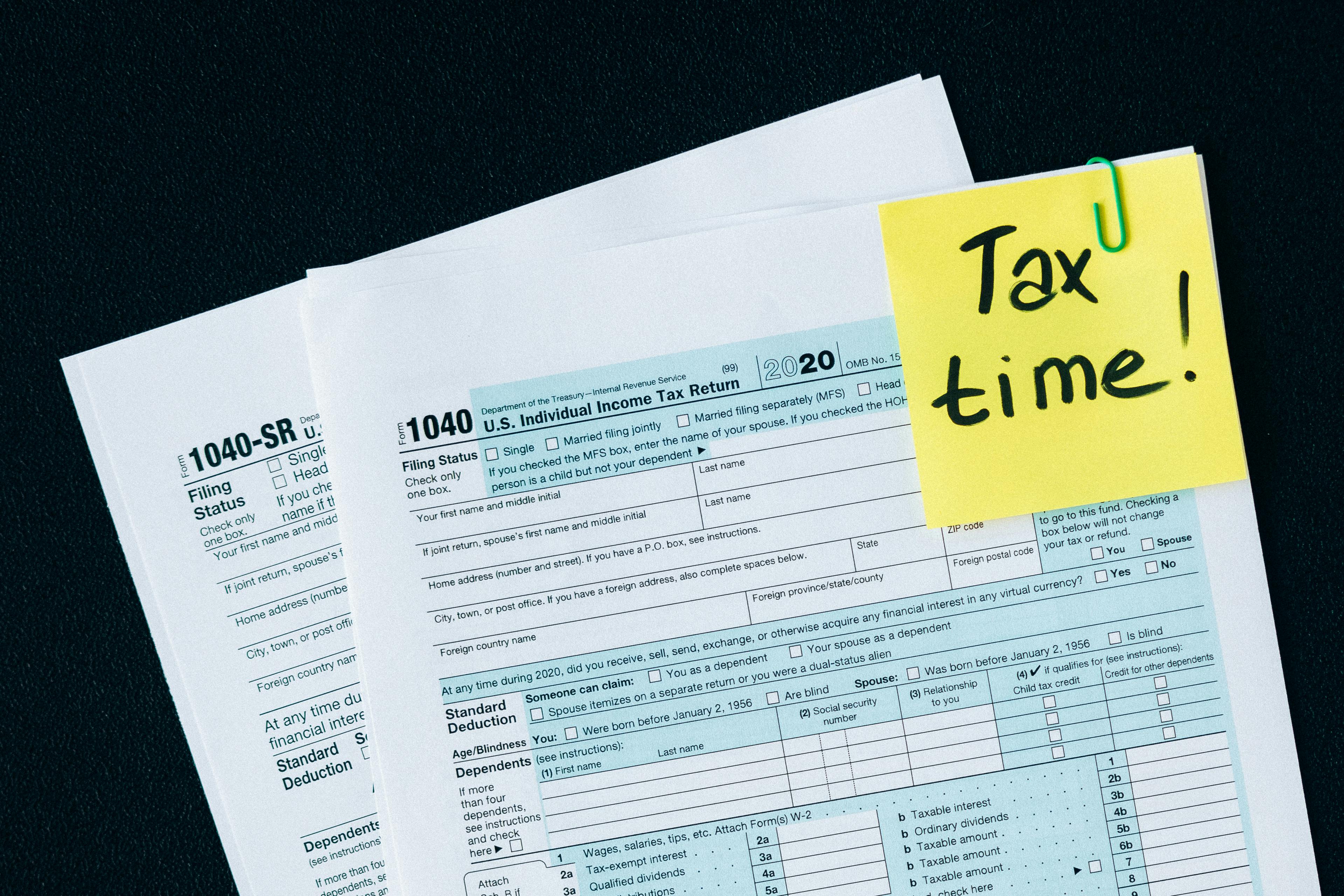How the IRS Tracks Cryptocurrency Transactions in 2025

Introduction
As cryptocurrency adoption continues to grow, the IRS has intensified efforts to track and tax digital asset transactions. The agency has significantly improved its ability to monitor crypto activity, ensuring that U.S. taxpayers report and pay taxes on their cryptocurrency income. With stricter regulations, updated reporting requirements, and advanced blockchain analytics tools, the IRS is keeping a close watch on all crypto transactions.
Here’s what you need to know about how the IRS tracks cryptocurrency transactions in 2025 and what it means for taxpayers.
1. Mandatory Crypto Tax Reporting on Form 1040
The IRS has made it clear that all cryptocurrency transactions must be reported on tax returns. In 2025, the question regarding digital assets remains on Form 1040, requiring all taxpayers to disclose whether they engaged in any crypto transactions during the tax year.
- Taxpayers must report sales, conversions, staking rewards, airdrops, and even crypto received as payment.
- Failure to check “Yes” on Form 1040, when required, can lead to penalties for misreporting.
- The IRS is cross-referencing taxpayer disclosures with third-party data to detect non-compliance.
2. New 1099-DA Reporting Requirements
The IRS has implemented the 1099-DA (Digital Assets) form, which crypto exchanges, brokers, and platforms must issue to users who conduct taxable transactions. This new form aims to increase transparency and ensure all taxable crypto activities are reported.
- Exchanges will automatically report user transactions to the IRS.
- 1099-DA forms include details on capital gains, staking rewards, and other crypto earnings.
- The IRS matches these reports against tax returns to catch discrepancies.
If you trade on multiple platforms, failing to report gains from one or more of them could raise red flags with the IRS.
3. Blockchain Surveillance and Analytics Tools
The IRS has partnered with blockchain forensics companies to analyze blockchain transactions and identify unreported crypto holdings. The agency uses tools like:
- Chainalysis – Monitors blockchain transactions and detects wallet addresses linked to U.S. taxpayers.
- Elliptic & CipherTrace – Helps track illicit activities and trace funds across multiple wallets.
- AI-Based Matching – Compares tax returns with exchange records to find undeclared transactions.
Even if you use non-custodial wallets or decentralized exchanges (DEXs), blockchain analysis can link transactions back to your identity.
4. Stricter KYC and AML Regulations for Crypto Exchanges
The Infrastructure Investment and Jobs Act has introduced stricter Know Your Customer (KYC) and Anti-Money Laundering (AML) requirements for crypto businesses. Exchanges, brokers, and wallet providers must:
- Collect and verify users’ personal information.
- Report all transactions above $10,000 to the IRS via Form 8300.
- Share user data with law enforcement agencies upon request.
Privacy-focused cryptocurrencies and mixing services are also being targeted, making it harder to obscure transactions.
5. Monitoring Crypto Transactions Over $600
Under the American Rescue Plan Act, third-party payment apps like PayPal, Venmo, and Cash App must report transactions exceeding $600 in a year.
- If you receive payments in crypto through these platforms, the IRS gets a report.
- Any unreported income from crypto transactions can result in audits and penalties.
Similarly, businesses and freelancers accepting crypto as payment must properly track and report their earnings.
6. IRS Crackdowns on Offshore Crypto Holdings
The IRS is expanding its international crypto enforcement efforts through:
- Foreign Account Tax Compliance Act (FATCA) – Foreign crypto platforms must disclose U.S. account holders.
- John Doe Summons – The IRS has issued summonses to Binance, Kraken, and Coinbase to obtain data on non-compliant users.
- International Agreements – The U.S. collaborates with OECD and foreign tax authorities to track crypto assets held abroad.
Holding crypto on an offshore exchange or cold wallet does not exempt it from U.S. taxation.
7. IRS Audits and Penalties for Non-Compliance
The IRS has ramped up audits for taxpayers suspected of crypto tax evasion. If you underreport or fail to file:
- You may receive an IRS CP2000 notice for tax discrepancies.
- The penalty for failing to report crypto transactions starts at 20% of the underpaid tax.
- Willful tax evasion can lead to criminal charges, with fines up to $250,000 and imprisonment.
The IRS has even targeted individuals using off-chain transactions or peer-to-peer exchanges to bypass reporting.
Conclusion
In 2025, the IRS has more tools than ever to track cryptocurrency transactions and enforce tax compliance. From blockchain surveillance to third-party reporting, taxpayers should assume that all crypto activity is being monitored. Failing to report crypto gains or underreporting income can result in severe penalties and audits.
To ensure compliance and minimize your tax liability, it’s best to work with a tax professional who understands cryptocurrency taxation.
Tax Partners can help you navigate IRS crypto regulations, file accurate returns, and avoid unnecessary penalties.
This article is written for educational purposes.
Should you have any inquiries, please do not hesitate to contact us at (905) 836-8755, via email at info@taxpartners.ca, or by visiting our website at www.taxpartners.ca.
Tax Partners has been operational since 1981 and is recognized as one of the leading tax and accounting firms in North America. Contact us today for a FREE initial consultation appointment.